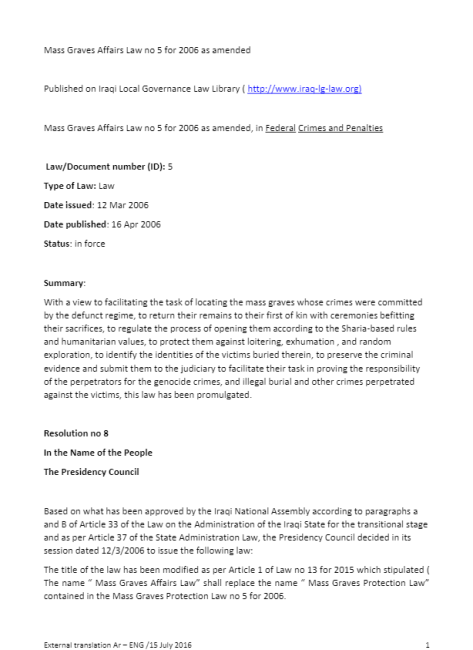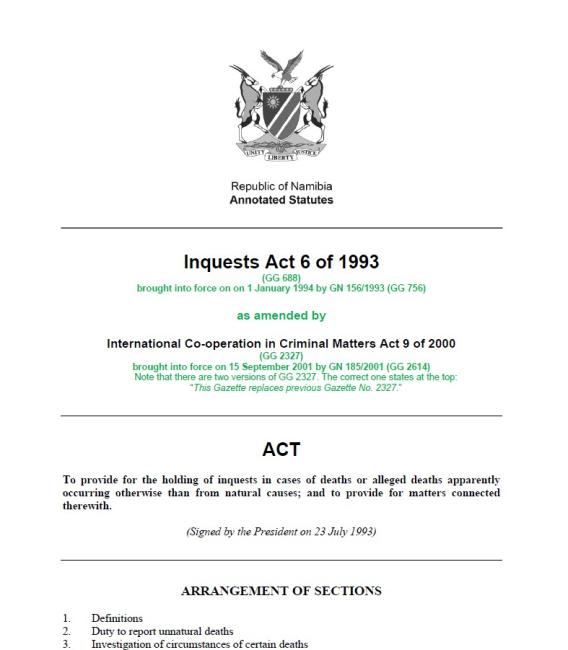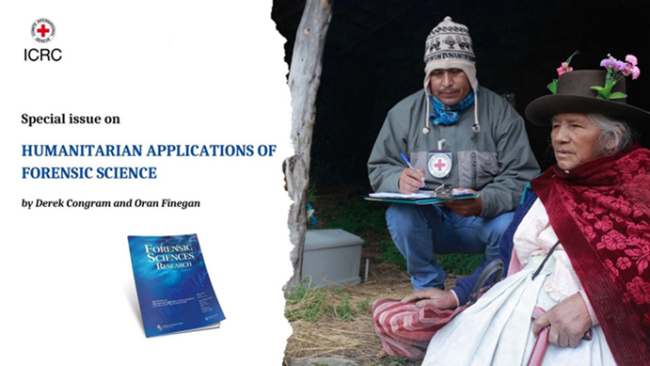To whom do the dead belong? The Jewish cemetery at the Hôtel-Dieu in Lyon, France
This article describes the powerplay around the recent discovery (summer 2015) of eighteenth-century Jewish graves in the French city of Lyon. Prior to the French Revolution, Jews had no right to have their own cemeteries, and the corpses of the deceased were buried in the basement of the local catholic hospital, the Hôtel- Dieu. In recent years this centrally located building was completely renovated and converted into a retail complex selling luxury brands. The discovery and subsequent identification of the graves – and of some human remains – led to a complex confrontation between various actors: archaeologists, employed either by the municipality or by the state; religious authorities (mostly Lyons chief rabbi); the municipality itself; the private construction companies involved; direct descendants of some of the Jews buried in the hospital‘s basement; as well as the local media. The question of what to do with the graves took centre stage, and while exhumations were favoured by both archaeologists and the representatives of the families, the chief rabbi – supported by the construction companies – proved reluctant to exhume, for religious reasons. In the first part of his article the author details the origins of this Jewish funerary place and current knowledge about it. He then goes on to analyse what was at stake in the long negotiations, arguing that the memory of the Holocaust played a role in the attitude of many of the parties involved. By way of conclusion he considers the decision not to exhume the graves and elaborates on the reasons why this led to some dissatisfaction.






